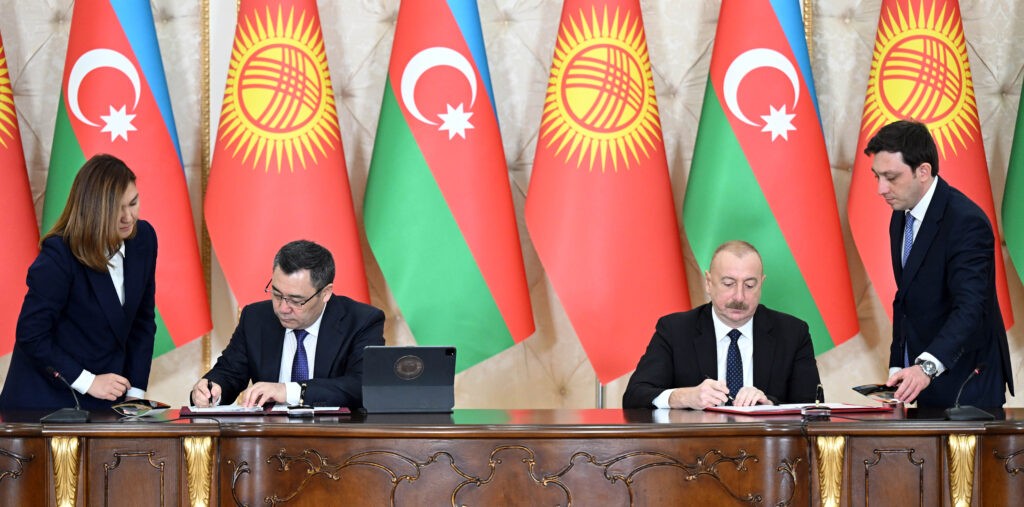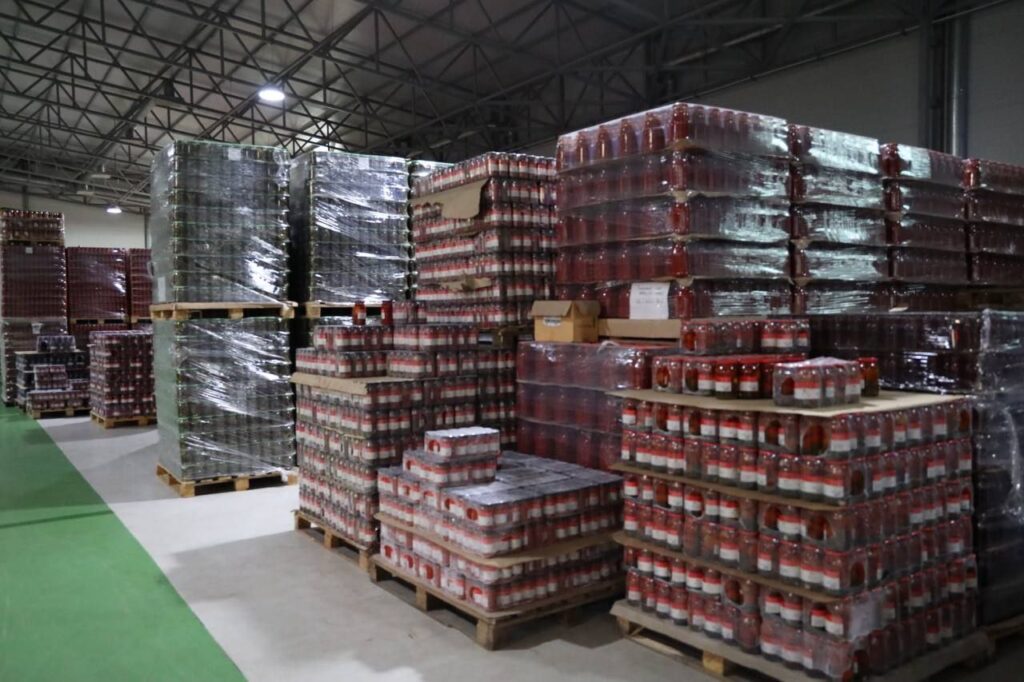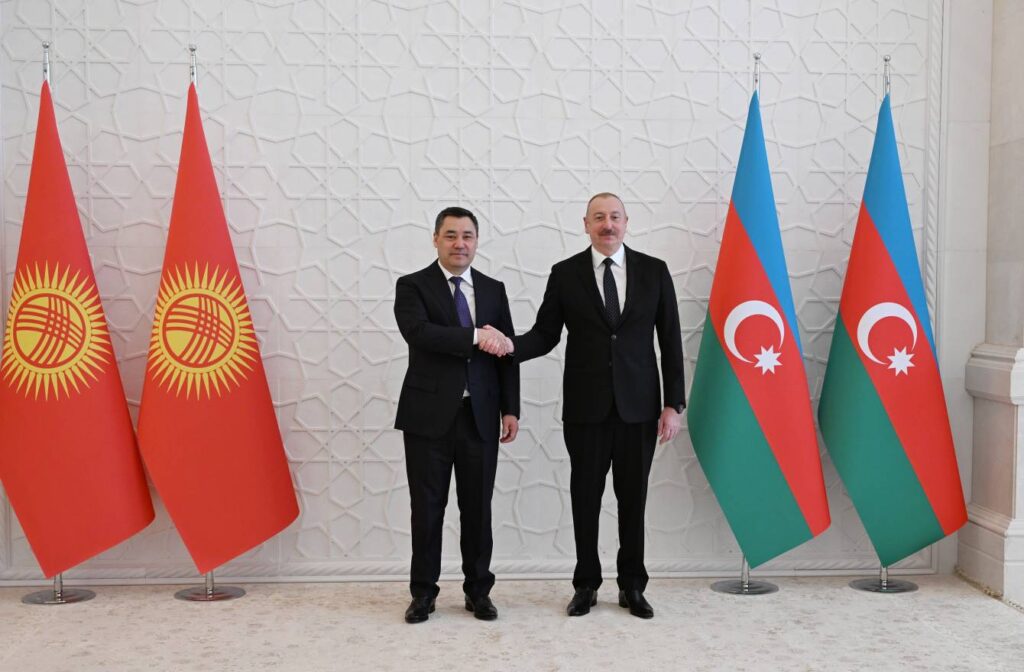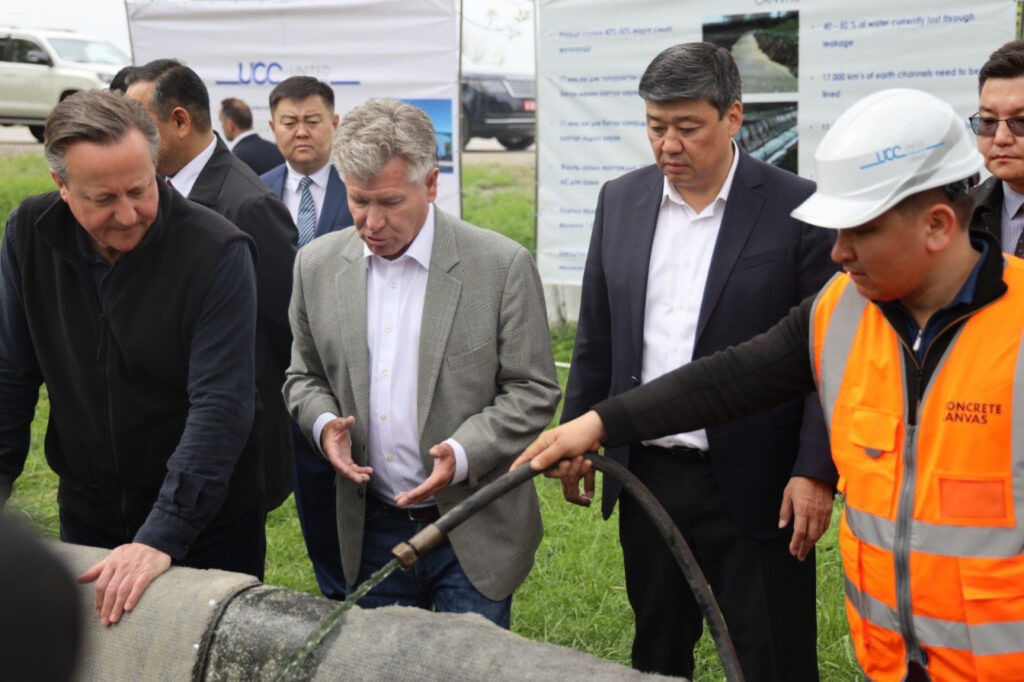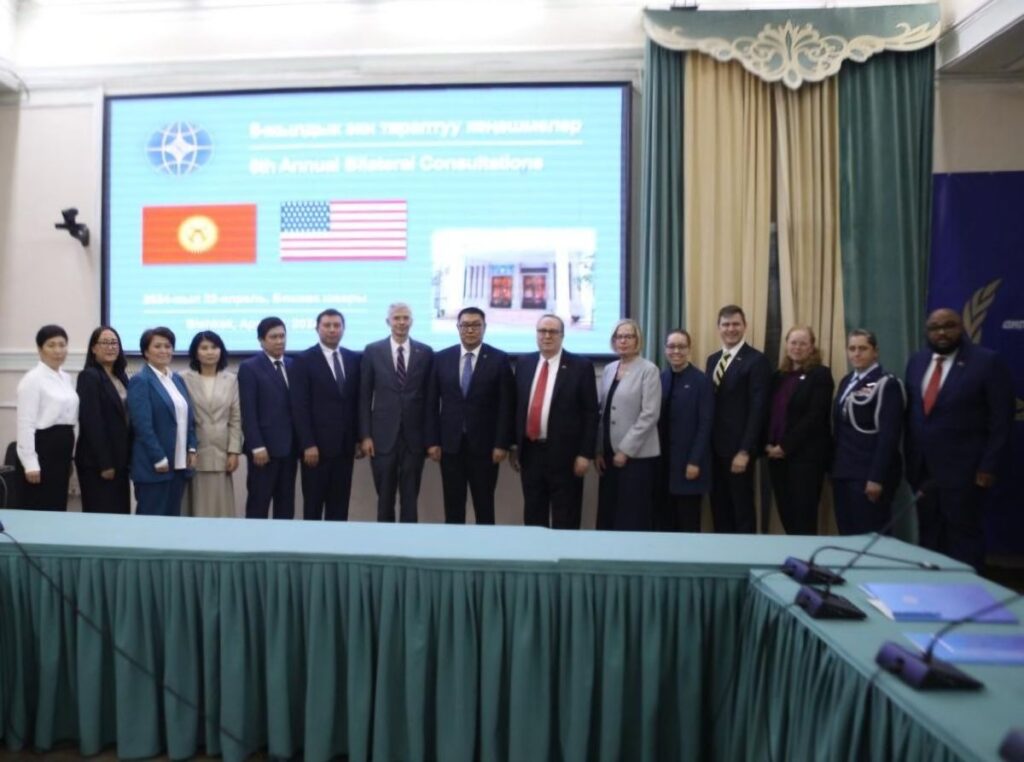Kyrgyzstan Looks to Azerbaijan to Replace Russian Fuel
Geopolitical turbulence is forcing Kyrgyz authorities to diversify approaches to securing its fuel and lubricants supplies. Azerbaijan may become one of the sources of oil products. As part of Kyrgyz president Sadyr Zhaparov's recent visit to Azerbaijan, negotiations were held with representatives of the Baku Oil Refinery, which is run by the state oil company, SOCAR. The two sides discussed the specific details of Azerbaijani oil supplies to the Junda oil refinery in Kyrgyzstan. "Azerbaijan is one of the largest exporters of oil products. In the near future, the Junda oil refinery will also start operating in Kyrgyzstan, the demand of which is more than 1 million tons of fuel per year. In this regard, the issues of oil supplies to Kyrgyzstan were discussed with the management of SOCAR. For their part, they are ready to cooperate," said Kyrgyz energy minister Taalaibek Ibrayev. Earlier, Kyrgyzstan's Ministry of Economy and Commerce discussed various risks in the fuel market. The ministry is preparing a package of measures in case of a sharp increase in prices for crude oil and petroleum products. Kyrgyzstan's economy minister Daniyar Amangeldiev referenced the agreements between Russia and Kyrgyzstan on duty-free supplies of oil products under the customs rules of the Eurasian Economic Union (EAEU). However, the ministry fears a sharp reduction in imports from Russia -- as Ukrainian forces use drones to bomb Russian refining capacity, and western sanctions make repairing and replacing parts more difficult. Currently, Kyrgyzstan's local capacity for refining petroleum products doesn't even cover 5% of domestic demand.
